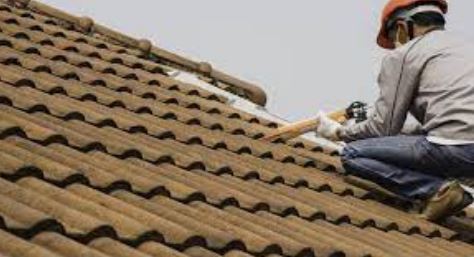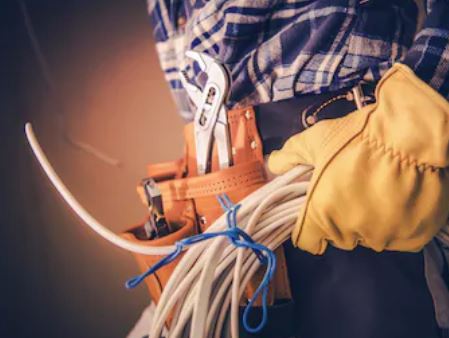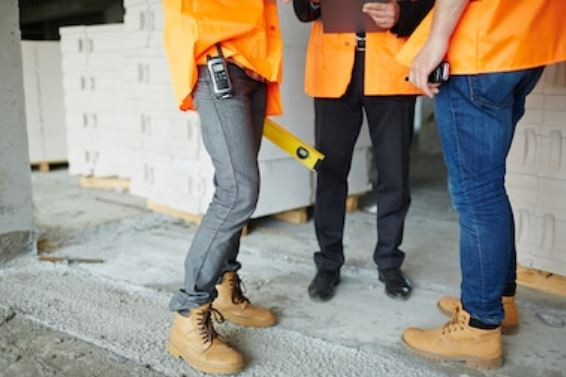If you work involves walking around or standing most of the time while handling heavy or sensitive equipment, it is without a doubt to say that the type of work boots you select can make the difference between having peace of mind all day and having a miserable day. Not only that but selecting the wrong safety shoes can cause several health problems including back pain, athlete’s foot, corns, nail fungal infections, fallen arches, and more. Therefore, finding the right safety boots isn’t some kind of luxury, but it’s an absolute necessity. Even the best walking shoes available on the market cannot do the job boots do.
Work boots come in different types and for specific occupations. A boot that a Mason should wear isn’t the same boot that an electrician should wear. This is why you have to choose a work boot depending on the kind of job you do and the work environment. But with so many different models and makes of safety shoes on the market, how can you differentiate the one which will be right for you and your job from the one that will make you visit a chiropodist?
Things to Consider When Selecting Work Boots
The Best Work Boots are actually far more difficult to get right than many people imagine. The stresses that are brought by the simple act of walking and footwear on the feet are multifaceted and enormous and can easily break apart a poorly made or designed pair of boots. That said, let’s look at the most important factors to consider when buying work boots in order to be sure you are buying a pair of work shoes that will fit and serve you well.
Different Types Of Work Boots
First and foremost, you need to select the right kind of safety boot for your job and feet. There are different types of boots to choose from including:
– Waterproof or water-resistant boots: These boots are the best choice for tradespeople who usually spend most of their time on the outdoors, often in sloppy terrain or bad weather.
– Steel-toe work boots: These work boots are a good choice for people whose jobs expose them to numerous heavy objects or equipment that could cause serious feet damage.
– Insulated work boots: Again, if you spend much of your time outdoors, you will want to consider investing in insulated work boots in order to keep your feet warm when the temperatures drop.
– Electrical hazard boots: These work boots are a good choice of people like electricians who work in close proximity to potential electricity hazards; whether in an industrial setting or on the job site.
– Slip resistant work boots: These work boots have soles that have been made from a special slip-resistant material. People who work on docks or boats commonly opt for this type of boot.
You will need to do a thorough assessment of your job condition in order to know exactly what features you need.
Materials
Leather is the best and most popular work shoe material due to its ability to absolve moisture, natural breathability, durability, and workability. Various types of leather that are used in making safety boot include calfskin, pigskin, and goatskin or kidskin or goatskin.
A variety of other man-made materials are also used in making safety work boots and they include TPU, EVA, synthetic rubbers, nylon, and synthetic rubbers.
Characteristics and Construction
If you work in cold and damp conditions, you will likely want insulated, high-top boots that are water resistant. If you work primarily in warm weather conditions, you might want a non-insulated, lower cut work boot made of a combination of leather (for breathability) and nylon mesh. Whether you want your work boots to have steel toes or not depends on the kinds of hazards you are likely to face. If you work with tools or equipment like heavy hammers or drills, you could accidentally drop them on your feet, so you will want to stay safe by going with the steel-toe option.
These are some of the factors to considering when buying work boots. It’s good to consider your style and preferences, the kind of job you do and your work environment when selecting work boots.







